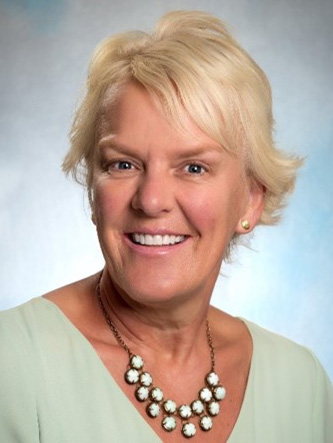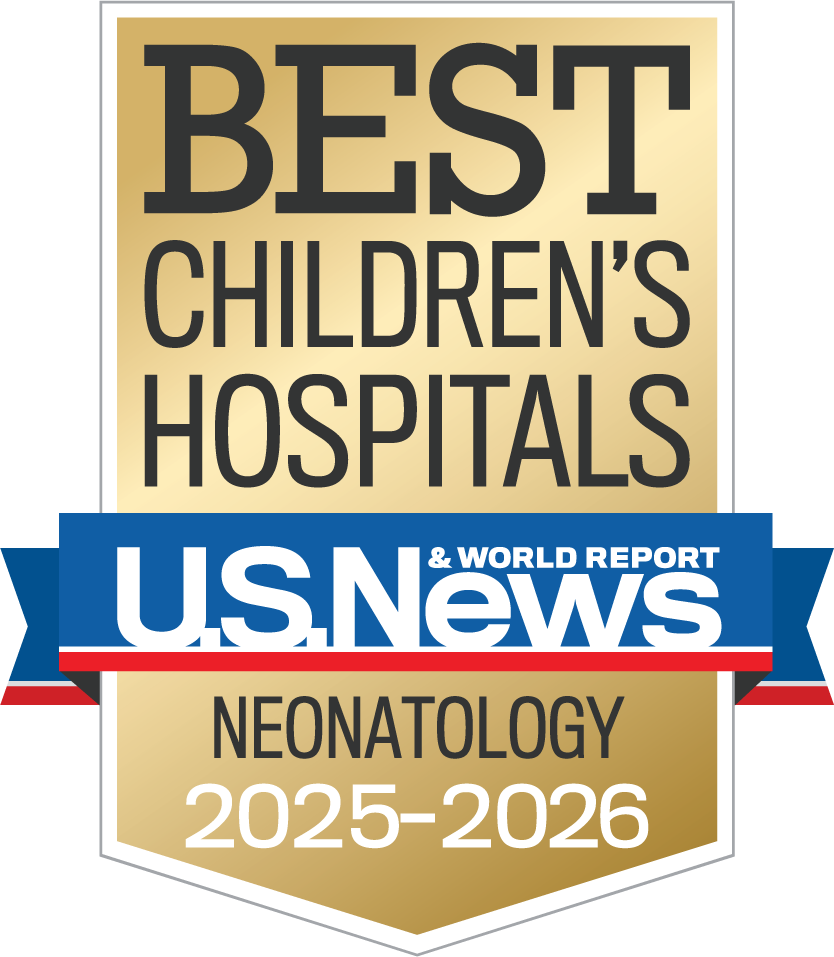Peter Anderson, PhD, an internationally regarded expert on how babies’ brains develop, especially infants born very preterm, has joined CHOC and UC Irvine. His appointment further solidifies the healthcare research partners as a global powerhouse in neonatal neurodevelopment.
A research neuropsychologist who has conducted groundbreaking research for 25 years in his native Australia, Dr. Anderson rejoins his longtime collaborator, neonatologist and neurologist Dr. Terrie Inder, another trailblazer in the field and the director of the Center for Neonatal Research at CHOC.
Dr. Anderson specializes in identifying ways to improve the outcomes of ill neonates and implementing interventions to optimize brain growth and neurodevelopmental outcomes. He will have a faculty position at the UC Irvine School of Medicine.
His research will be conducted at CHOC, where he will be tasked with building a novel neonatal neurodevelopmental follow-up program.
“The Department of Pediatrics at the UC Irvine School of Medicine and CHOC are thrilled to have a clinician scientist of Peter’s caliber join us in a leadership role as we build our programs to optimize neurologic outcomes among children after serious illness,” said CHOC Senior Vice President and Pediatrician-in-Chief Dr. Coleen Cunningham.
His role, Dr. Cunningham added, is an example of how CHOC and UC Irvine can work together to lead national and international centers in optimizing brain outcomes in extremely ill babies.
‘Groundbreaking’ contributions
Dr. Joseph Volpe, a founder of the field of neonatal neurology and author of the seminal Neurology of the Newborn, said Dr. Anderson has made groundbreaking contributions to the field.
He noted specifically how Dr. Anderson has shed light on the long-term consequences faced by the vulnerable population of babies born very preterm (26 to 32 weeks).
“Dr. Anderson’s originality lies in his meticulous approach, employing well-defined longitudinal cohorts and advanced brain imaging techniques,” Volpe said.
“Prior research on preterm children focused primarily on general intelligence. Dr. Anderson’s work, however, has pushed the boundaries, leading to a much richer understanding.”
Dr. Anderson’s research has appeared in leading publications such as the New England Journal of Medicine. His work has been cited in print more than 42,000 times by other researchers.
“Without exaggeration,” Dr. Volpe said, “this makes Dr. Anderson one of the most influential figures in the field.”
A ‘new challenge’
Dr. Anderson, his wife, Rani K. Jacobs, a psychologist, and their three children (ages 20, 18, and 16) made the 14-hour flight from Melbourne to Orange County in mid-August.
“I was looking for a new challenge,” said Dr. Anderson, who prior to his new appointment was a distinguished professor in pediatric neuropsychology at the School of Psychological Sciences at Monash University, a public research university in Melbourne.
He also worked as a researcher at the Royal Children’s Hospital Research Institute, the Royal Children’s Hospital Mental Health Service, Royal Women’s Hospital, the University of Melbourne and the Murdoch Children’s Research Institute.
“I am impressed with the leadership at CHOC and what CHOC wants to achieve,” Dr. Anderson said. “I think I belong at a younger pediatric healthcare organization that is trying to build something, a place whose leaders have an ambitious mindset.
“CHOC is really moving in the direction of becoming a research powerhouse, particularly in newborn medicine.”

Worked with Dr. Inder
Dr. Anderson said Dr. Inder, a native of New Zealand who also has Australian citizenship, was a “big factor” in his decision to join UCI-CHOC. Dr. Inder, who joined CHOC in 2022, is also a professor of pediatrics in the UC Irvine School of Medicine Department of Pediatrics, which is chaired by Dr. Cunningham.
Dr. Inder and Dr. Anderson started working together in 2001 in Melbourne on what was, at the time, the largest cohort of very pre-term children to undergo MRI brain scans in the neonatal phase.
Dr. Anderson has continued to follow members of this cohort, some of whom are now in their twenties, monitoring the constellation of cognitive, behavioral and academic challenges that very preterm babies have a risk of developing.
These challenges include difficulties with processing speed, attention, high-level language, memory and learning, and executive function. Behaviorally, these individuals are more prone to internalizing problems like anxiety and depression, while academically, mathematics presents the biggest hurdle.
Injuries in babies born very preterm tend to affect the white matter of the brain, which are the “cables” that connect different brain regions together. For some of these children, the injury is very localized and therefore severe, but for other babies the injury is more diffuse.
In the cohort Inder began studying in Australia more than two decades ago and that Dr. Anderson continues to track, about 25% of babies born at less than 30 weeks had moderate to severe injuries to the brain and about half had mild injuries.
An innovative approach
Many babies born very preterm spend a lot of time in the hospital and require enormous resources.
While other pediatric healthcare institutions have programs to monitor babies born very preterm as they age, “in my mind,” Dr. Anderson said, “those programs are not particularly effective, and they are not designed for families.”
At CHOC, Dr. Anderson said he will develop a follow-up program designed for each child and their family.
“If a child is having specific problems in cognition, for example, the goal will be to focus his or her monitoring and support in that area,” Dr. Anderson explained. Also, some children will be doing well and there is no point in throwing a lot of resources at them, but they will need a different type of surveillance to make sure they continue to track well.
“We hope this approach will be more cost-effective and targeted to the needs of each child.”
An inquiring mind
Dr. Anderson, whose late father, Dr. Paul Anderson, was a family physician in Australia, originally was thinking about a career in sports psychology. Like most of his compatriots, he is obsessed with Australian rules football and cricket.
His career plans changed after he earned his undergraduate degree in applied psychology and statistics and graduate degree in applied psychology at Monash University, and he landed a position as a researcher at Royal Children’s Hospital in Melbourne, one of Australia’s top pediatric hospitals.
He started collaborating with neuropsychologists and focusing on the cognitive development of children. “The more you know,” Dr. Anderson said, “the more questions there are to answer. I work hard, but it doesn’t feel like a chore to me. There’s always something to look at and address. I really enjoy it.”

CHOC was named one of the nation’s best children’s hospitals for neonatology by U.S. News & World Report in its 2025-26 Best Children’s Hospitals rankings.




